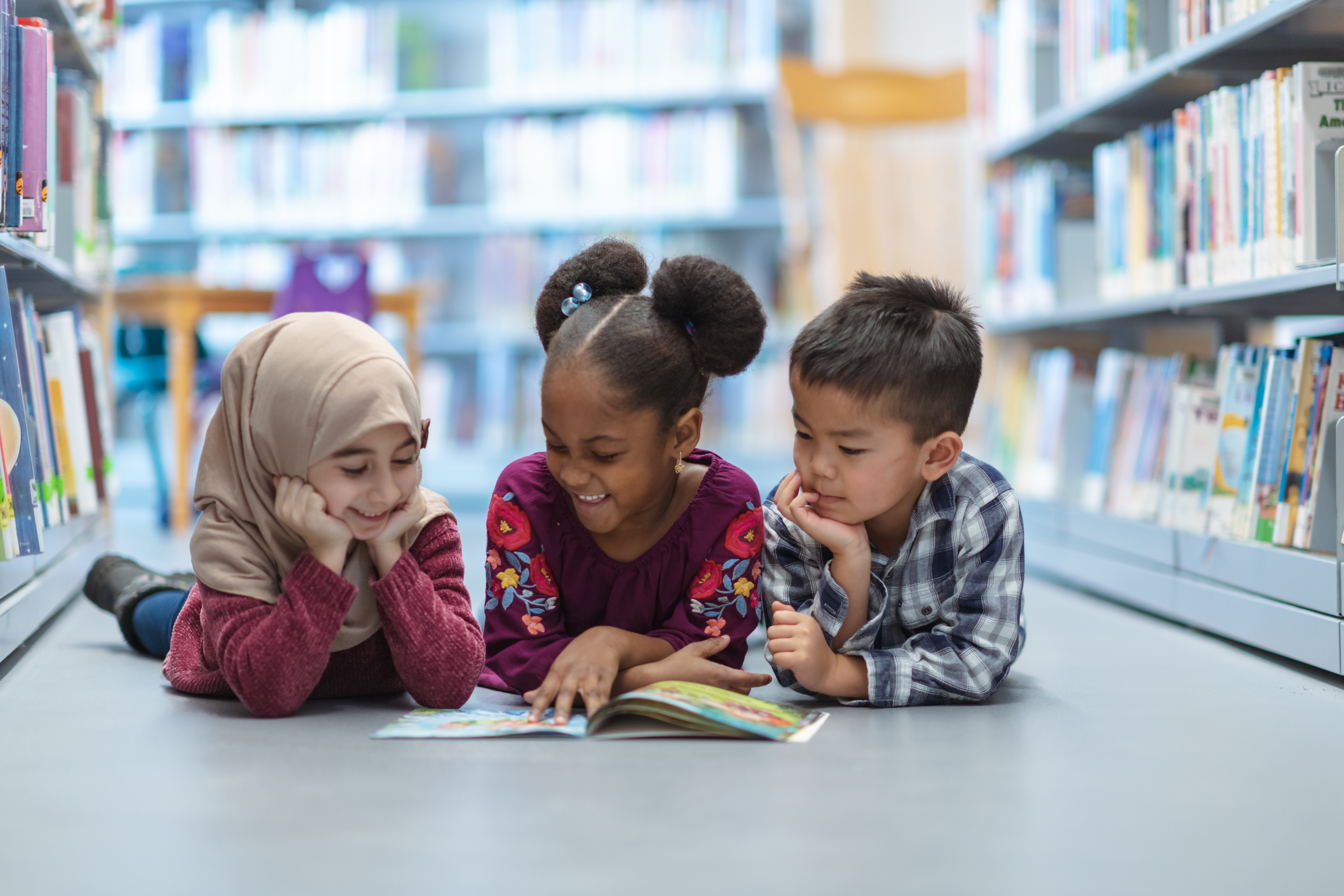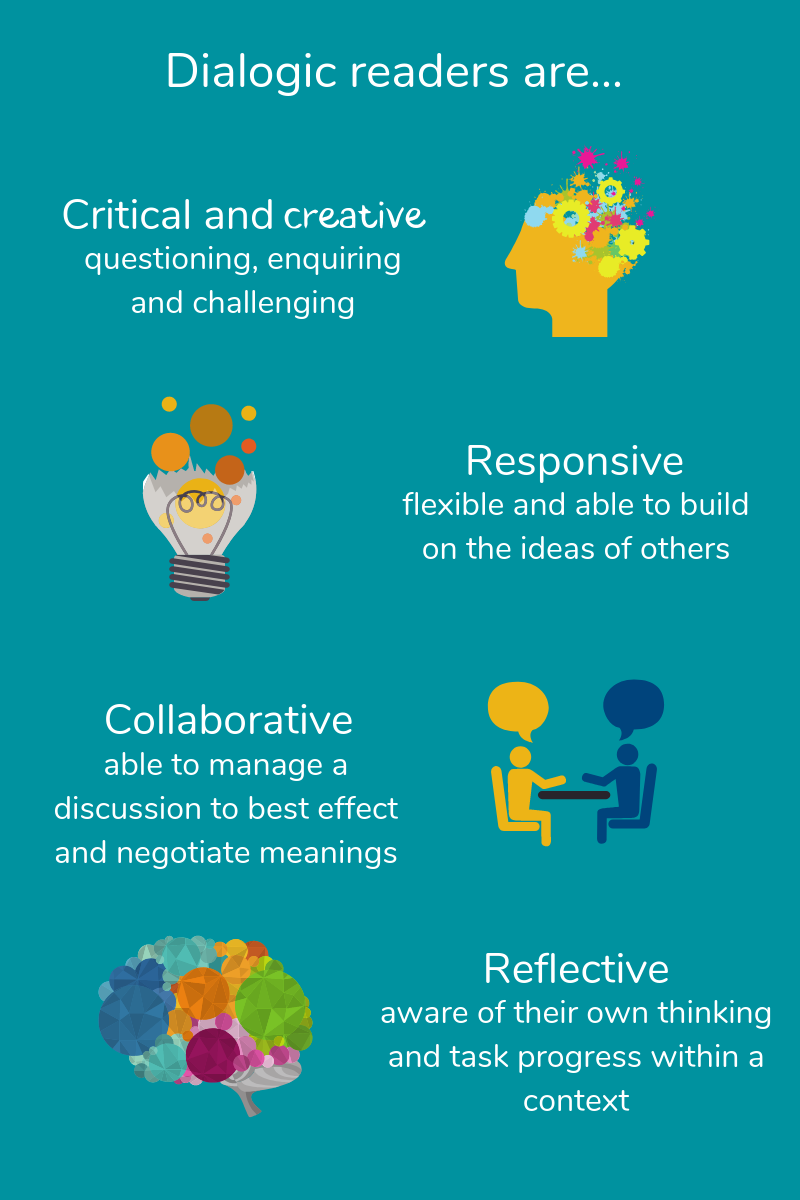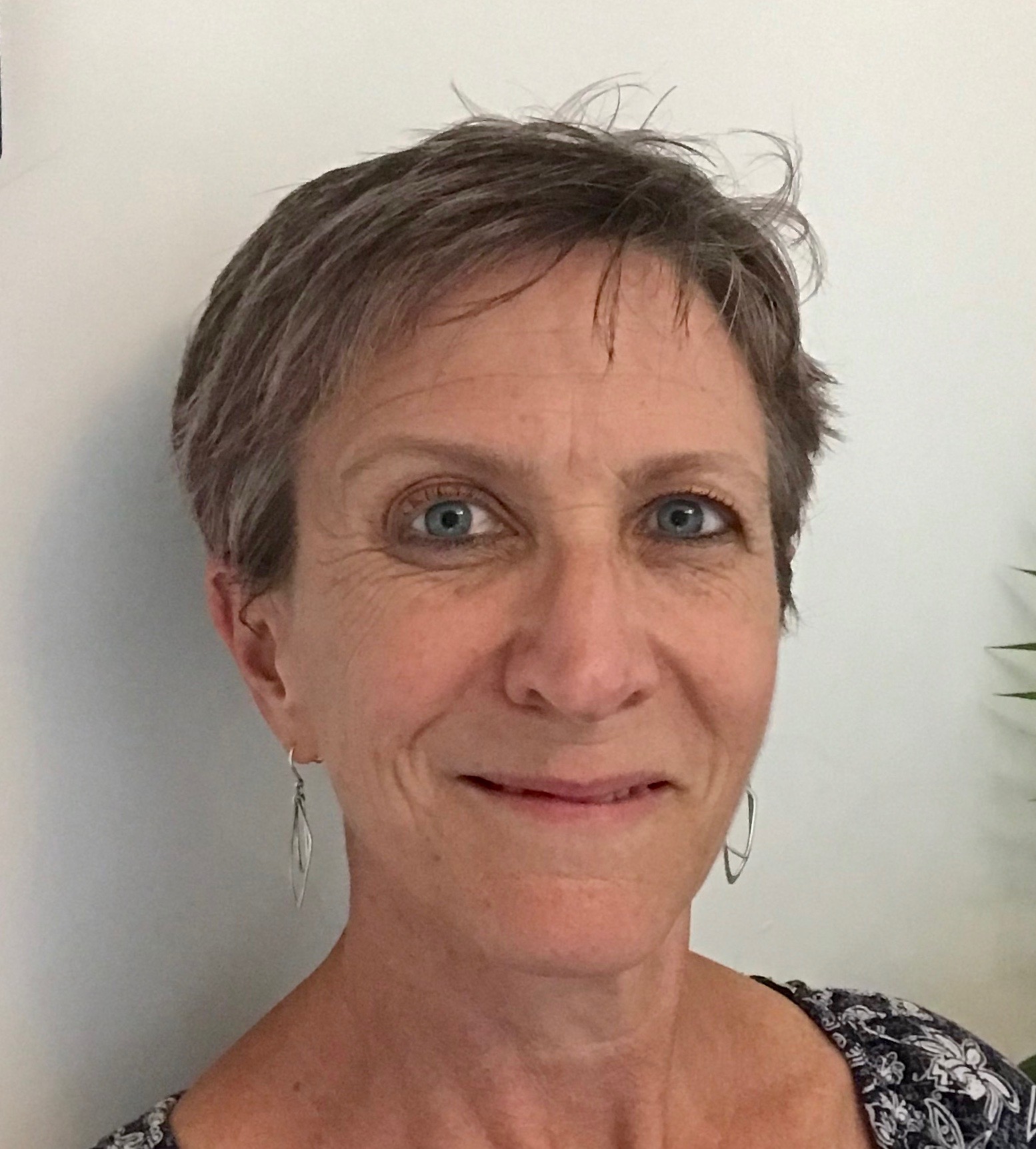03 OCTOBER 2019
How to encourage children to read for pleasure

Learning to read is an important part of any child’s education, yet encouraging children to read for pleasure is often not part of the school experience. In this blog, Dr Fiona Maine, from the Faculty of Education at the University of Cambridge, discusses how to encourage reading for pleasure and the different ways to engage children with the rich and colourful world of literature, and all the enjoyment that reading for pleasure brings.
Teaching tips for reading
We are fortunate to live in a time when there are so many excellent, high quality books for children to read. It’s easy as teachers to fall back on the stories we knew and loved as children, and while there is a place for these, the wealth of quality children’s literature out there means there is something for everyone.
Spend an afternoon in a great children’s bookshop to explore their picture books. Check out the UKLA or Carnegie shortlists from your local library, read books yourself and model the reading habit.
When it comes to reading for enjoyment, it is important not to conflate ‘phonics’ with reading. Of course, phonics is key to unlocking what words are, but it is meaning-making and engagement that makes reading fun – whether it’s an exciting sci-fi story, or finding out about your favourite animals.
Think of it this way, if you wanted to learn to bake cakes, how quickly would you become demotivated if you first had to study eggs for six weeks, then flour, then butter? Yes, you need the skills, but how much more is there to cake baking, decorating and eating than just looking at ingredients?

In the 21st century, it is paramount that we think beyond simply ‘reading and writing’ words as literacy. So why is reading for pleasure important? The world that children live in is filled with visual stories and messages and we need to teach them to decode these too, paying attention to the features that they share with more traditional forms of literacy.
For example, think of the last time you started to watch a film you knew nothing about. Very quickly you used your knowledge of genre to work out the kinds of expectations you have of it. You were able to make predictions about characters and make inferences about their motivations based on what they said or did. Recognising that there are commonalities in the way that we access different forms of story helps children to learn to read verbal stories too.
We should listen carefully to children discussing stories and give them opportunities to flourish as what I call Dialogic Readers.
I found that when children were given the space to explore authentically ambiguous visual texts, even younger children (six year olds) were able to manage a sophisticated discussion, asking questions and creating possibilities to make sense of different pictures, stories and short films. Learning to listen carefully to one another, building on each other’s ideas, and constructively offering alternative perspectives, are skills that schools can provide the training ground for.

Finally, I cannot stress enough how important it is to read aloud to children. Storytime is when you can immerse together into magical stories, where the purpose is not to quiz children about what they understand about what they have heard, but when you can share together the wonder of the delicious description in pretty much anything by Kevin Crossley Holland, or lose yourselves in the fantasy of Lyra’s world.
I did as a child and as a teacher – and I hope I can inspire my PGCE students to do the same.
To discover new reading books to engage your students, check out Cambridge Reading Adventures. From exploring volcanoes, to pirate queens, to how chocolate is made, our vibrant range of fiction and non-fiction ensures there’s a book every child will love.
 |
About the author Dr Fiona Maine leads the Primary English course for the PGCE at the University of Cambridge, and is the course coordinator for the Masters in Primary Education. After starting her career as a primary teacher, Fiona gained many years of experience supporting other teachers in the development of their literacy pedagogies. To hear more from Fiona, listen to episode 7 of our educational podcast - Reading with The International Literacy Centre – Pt 2.
|
Thank you for your feedback which will help us improve our service.
If you requested a response, we will make sure to get back to you shortly.
×